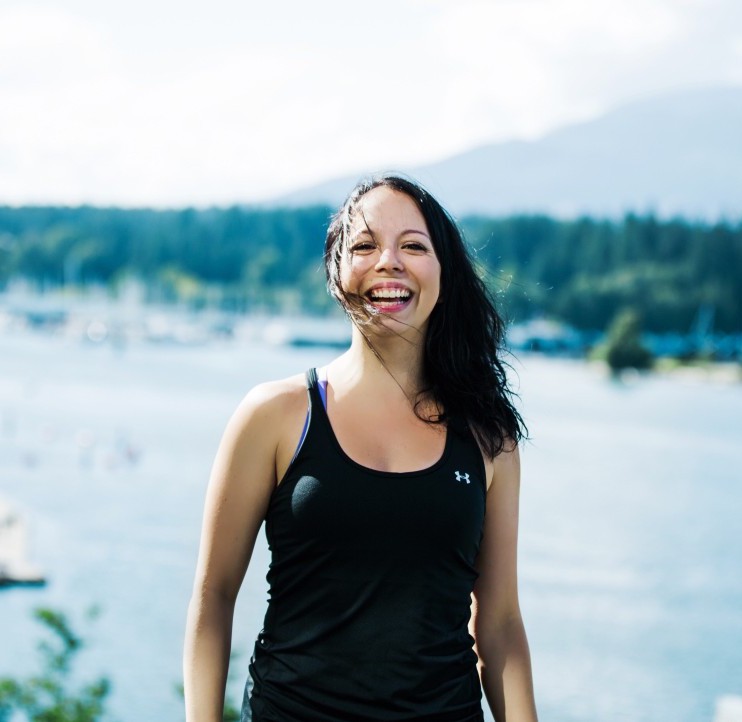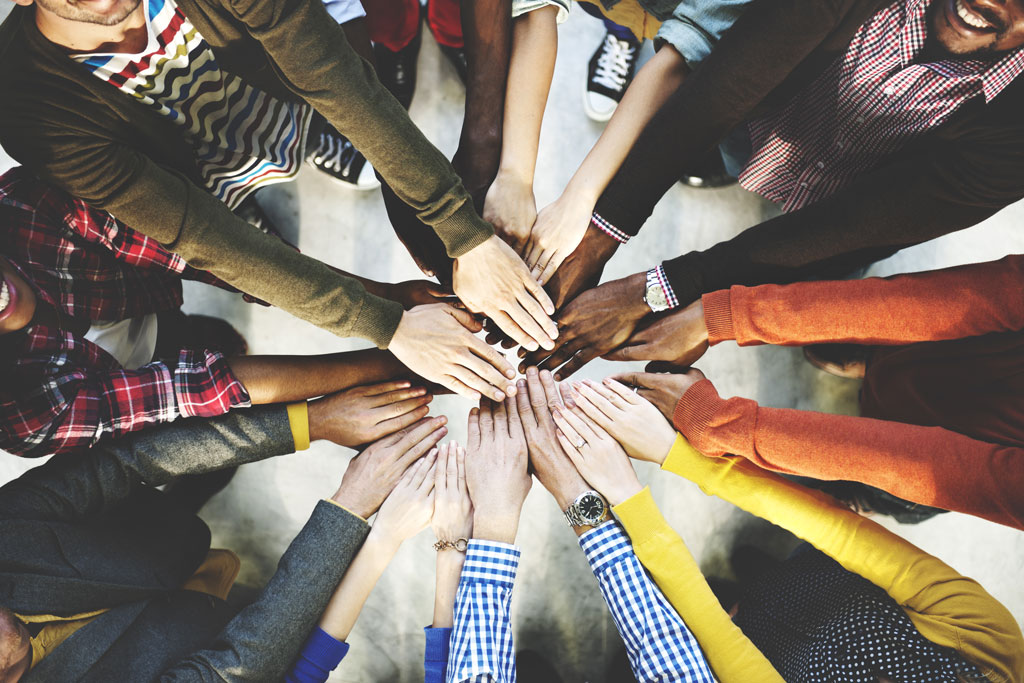As fitness professionals, we’re in the business of helping people. We often play critical roles in helping individuals change their lives. I take great pride in the fact that by helping my clients become happier, healthier, and more confident, I am doing my small part in making our world a better place.
But have you ever considered how your efforts in helping your clients become fitter, stronger, and more motivated could actually be doing a disservice to others? Have you ever thought that your well-intended actions could actually be causing unintended harm?
The topics of diversity and inclusion were not on my radar until recently. Maybe it’s because I live in multicultural Vancouver and grew up with friends from many different ethnic backgrounds. Maybe it’s because I grew up in a family that didn’t have a lot of money and I became used to making it work for myself, so I assumed others did too. Maybe it’s because I grew up so disconnected from my Indigenous heritage, that thoughts of racism and oppression were also just as far from my mind.
2018 was a pivotal year for me in many ways. It was the first year I gave myself permission to explore my native roots and to understand the systemic racism that led to my lack of connection with my heritage in the first place. For the first time, I began to understand the privileged life I lived, in comparison to my relatives who didn’t have access to clean drinking water or basic human needs on their reservations.
It was the year I began to involve myself in discussions where words like “classism”, “ableism”, and “fatphobia” hit my ears for the first time. I spent a lot of time listening—listening because I had so much to learn, and listening because I was afraid of saying the wrong thing.
Because when it comes to inclusivity, there’s a large possibility you’ll say or do the wrong thing. At least when you’re new to the conversation.
We can say we coach women of all shapes, sizes, and abilities, but what about folks who are not viewed as women by society, but identify as womxn personally? {the X is intended to be there}
We can talk about how online training is more accessible than in-person training, but are we considering the fact that people who struggle to put food on the table for their families can’t afford a monthly fee for a coach but still have the same challenges with accountability and motivation as our clients who can afford to pay us do?
We can say we welcome diversity and inclusion and that everybody’s welcome at our table, but do the images we share of our clients in our marketing and on social media really reflect that? Do the tips and resources we share reflect that?
When it comes to the topics of diversity and inclusivity, I don’t claim to have all the answers. In fact, I’m pretty honest about the fact that I have very few answers. But what I do have is a willingness to look at where my own privilege lies, where I’ve messed up, and where I can be more inclusive.
Below are some helpful questions that have helped me in my own journey in ensuring my work is more welcoming. It’s important to take an honest look, not just at the way you show up in the world, but also in the way you represent your business.
- How do my experiences of health and wellness differ from others’?
- What lifestyle factors do I take for granted in my own life?
- Does my marketing reflect my beliefs about inclusivity? My online presence? The content I create?
- What are three small things I can do to help others feel welcome?
As business owners, we’re in a precarious position because good marketing is exclusive in nature. We all know that by trying to speak to everybody we ultimately speak to nobody. However, that doesn’t mean that within our defined niche we can’t find more ways to embrace diversity and inclusivity.
If you don’t know where to start, begin exploring your own relationship with inclusivity and then engage others in the discussion. Where do they feel it’s lacking? What are they doing to be more welcoming in their own lives and businesses?
Be willing to have the uncomfortable conversations. Understand that you will likely make mistakes and that the best thing you can do is own up to them. And above all else, remember that your efforts to be more inclusive matter. It doesn’t matter how small they may seem.

